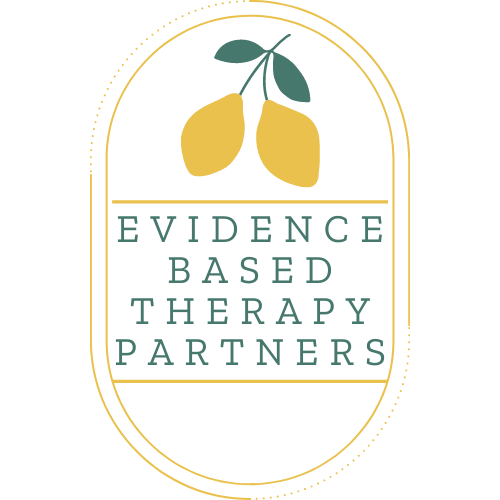
“They thought that the bullets would silence us, but they failed. And out of that silence came thousands of voices. The terrorists thought they would change my aims and stop my ambitions. But nothing changed in my life except this: weakness, fear and hopelessness died. Strength, power and courage was born.”
—Malala Yousafzai
About DBT
Dialectical Behavior Therapy (DBT), originally developed by Marsha Linehan in 1993, is a comprehensive treatment approach designed to help people with Borderline personality disorder (BPD) and problems with emotion dysregulation. The treatment was developed under the assumption that in order to reduce symptoms of BPD, we must teach skills to enhance emotion regulation, distress tolerance, interpersonal effectiveness, and mindful awareness. Each element of the treatment was researched and tested, and as such the approach is the first line treatment for these problems. Many people who struggle with difficulties related to emotion dysregulation or meet criteria for BPD have unfortunately been exposed to therapies with little to no evidence supporting outcomes in the treatment of BPD. As a result, clients may be skeptical of therapy.
Similarly, some clients have participated in versions of the treatment that are missing important elements and thus have not gotten a “full dose,” of the treatment.
In order for DBT to be considered “Comprehensive DBT,” it must include the following elements:
-
Pretreatment
Inherent to the model is a 3-4 session pretreatment phase focused on orienting clients to the treatment and building commitment to participate. Treatment targets are set during this time and an agreement is made between client and therapist to work together for a full course of DBT. (No financial commitment is made and despite setting an intention to complete the full course, clients are free to stop therapy at any time).
-
Individual Therapy
Weekly individual DBT sessions are focused on enhancing client motivation and include agenda setting, chain analysis, problem solving, and a balance of acceptance and change strategies.
-
Group Skills Training
Skills training sessions are designed to provide skills training in the areas of mindfulness, interpersonal effectiveness, emotion regulation, and distress tolerance. Group sessions include a mindfulness practice and homework is assigned weekly to increase likelihood of skills acquisition.
-
Phone Coaching
Between session coaching calls are offered and serve the function of enhancing skills generalization. All therapists on the team provide brief coaching calls to clients in DBT as needed which reduces high risk behaviors and hospitalizations while providing opportunities to apply DBT skills in real time.
-
Team Consultation
The therapists on our team meet weekly for team consultation. Team meetings last for 2 hours and are focused on enhancing therapist capabilities and reducing potential therapy interfering behaviors that often result when a therapist is not effectively managing burnout.
DBT programs at EBTP are available in all locations and is offered in-person in both Orange County and Los Angeles locations. Also, For more information about low fee DBT and to see if you might qualify, please contact us.
“Sometimes the future changes quickly and completely, and we’re left with only the choice of what to do next. We can choose to be afraid of it. Just stand there trembling, not moving. Assuming the worst that can happen. Or we step forward into the unknown, and assume it will be brilliant.”
— Sandra Oh

